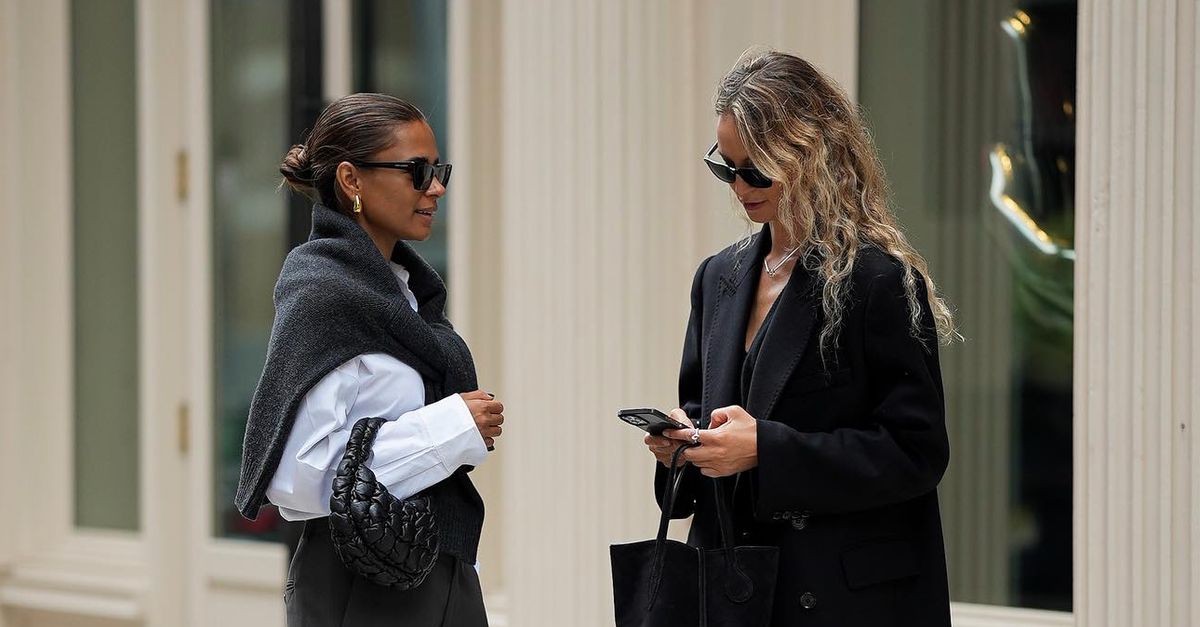The Indian political landscape has undergone a “tectonic shift” after this month’s unexpected election result and Prime Minister Narendra Modi’s government will “struggle” to survive, Rahul Gandhi, the country’s most prominent opposition politician, has claimed.
“The space in the Indian political system has been blown open,” Gandhi told the Financial Times in his first interview since the election in which the ruling Bharatiya Janata party lost its majority for the first time since Modi took power in 2014. “A tectonic shift has taken place in Indian politics.”
Modi was sworn in last week, making him India’s first prime minister since Jawaharlal Nehru to win a third successive term. But Indian political analysts have raised questions about the stability of his coalition, which will be the weakest in a decade, forcing the BJP to rely on smaller allied parties to maintain power.
The election result saw the opposition INDIA alliance, led by Gandhi’s Indian National Congress party, perform far better than forecast, winning 234 of 543 seats in India’s lower house to the BJP-led National Democratic Alliance’s 293. It has also thrust Gandhi, who is widely expected to be named opposition leader in the new parliament, back to the centre of Indian politics.
“The numbers are such that they are very fragile, and the smallest disturbance can drop the government,” Gandhi said. “Basically one ally has to turn the other way.”
Gandhi claimed there was “great discontent” within Modi’s camp and that there were “people who are in touch with us” from within it, while declining to give details.
During the campaign, Modi sought to capitalise on religious tensions, referring to India’s large Muslim minority as “infiltrators” and alleging that a Congress-led government would give away employment and other “reservations” set aside for lower-caste Hindus.
Gandhi’s bloc, however, won votes among Dalits by playing on fears the BJP would use a bigger majority to amend the constitution and deprive them of affirmative action benefits.
“The idea that you can spread hatred, you can spread anger and you can reap benefits of that — the Indian people have rejected it in this election,” said Gandhi, whose New Delhi home office is decorated with portraits of independence hero Mahatma Gandhi as well as former prime ministers Nehru, Indira Gandhi and Rajiv Gandhi, his great-grandfather, grandmother and father, respectively.
“That’s also why the coalition will struggle,” he added, “because what worked for Mr Narendra Modi in 2014 and 2019 is not working.”
Gandhi also claimed that under fairer conditions, the opposition INDIA alliance would have won a majority “without any doubt”. Ahead of the vote, Gandhi and his allies accused Modi’s government of a crackdown, with two state leaders jailed and some Congress bank accounts frozen.
“We fought with our hands tied behind our back . . . and Indian people, poor people, knew exactly what they had to do,” he said.
Indian politics was dominated by Congress and the Nehru-Gandhi clan for much of its post-independence history. But the party and India’s broader centre-left has been widely seen as a waning force in recent years, with some critics asserting that the family’s dominance of Congress was an obstacle to its progress.
Gandhi stepped down as the party’s president after the BJP’s decisive victory in elections in 2019 but has stayed active in its affairs and remains its most prominent face.
Congress was an easy target for the populist BJP because of its dynastic heritage and endemic corruption in its past governments. Modi attacked Gandhi as a privileged “shehzada”, or prince, and Indian media outlets, many of which are owned by Modi backers or rely on them for advertising, often portrayed him as a feckless and blundering figure.
However, analysts said the opposition MP took steps to rebuild his political brand with two yatras, or treks, across the country, first south to north by foot and then east to west by vehicle.
The images of Gandhi mingling with ordinary Indian citizens cut a contrast with Modi, who has cultivated a cult of personality unseen in Indian politics since Gandhi’s grandmother Indira and during the campaign claimed he was sent by God.
“The judicial system, the media, the institutional framework — all were shut [for the opposition], and so we decided we have to literally, physically go do it,” Gandhi said. “A lot of the ideas that succeeded in this election came from that walk — and they came not from us but from the people of India.”
While the BJP lost only about a percentage point of its vote share, Gandhi and his allies won critical seats in the Hindu nationalist party’s northern heartland, including in Uttar Pradesh, India’s most populous state.
These include the Faizabad constituency, where Modi presided at the consecration of a Hindu temple in Ayodhya on the site of a destroyed mosque to kick off his campaign.
While Modi said in his victory speech that India’s 1.4bn people had “reposed their faith” in the BJP and National Democratic Alliance, Gandhi claimed the ruling party had been “fatally wounded” by voters’ verdict.
“The idea of Mr Modi and the image of Mr Modi has been destroyed,” Gandhi said. “The party that spent the last 10 years talking about Ayodhya has been wiped out in Ayodhya.
“Essentially what has happened is that the basic architecture of BJP — the idea of creating religious hatred — that has collapsed.”







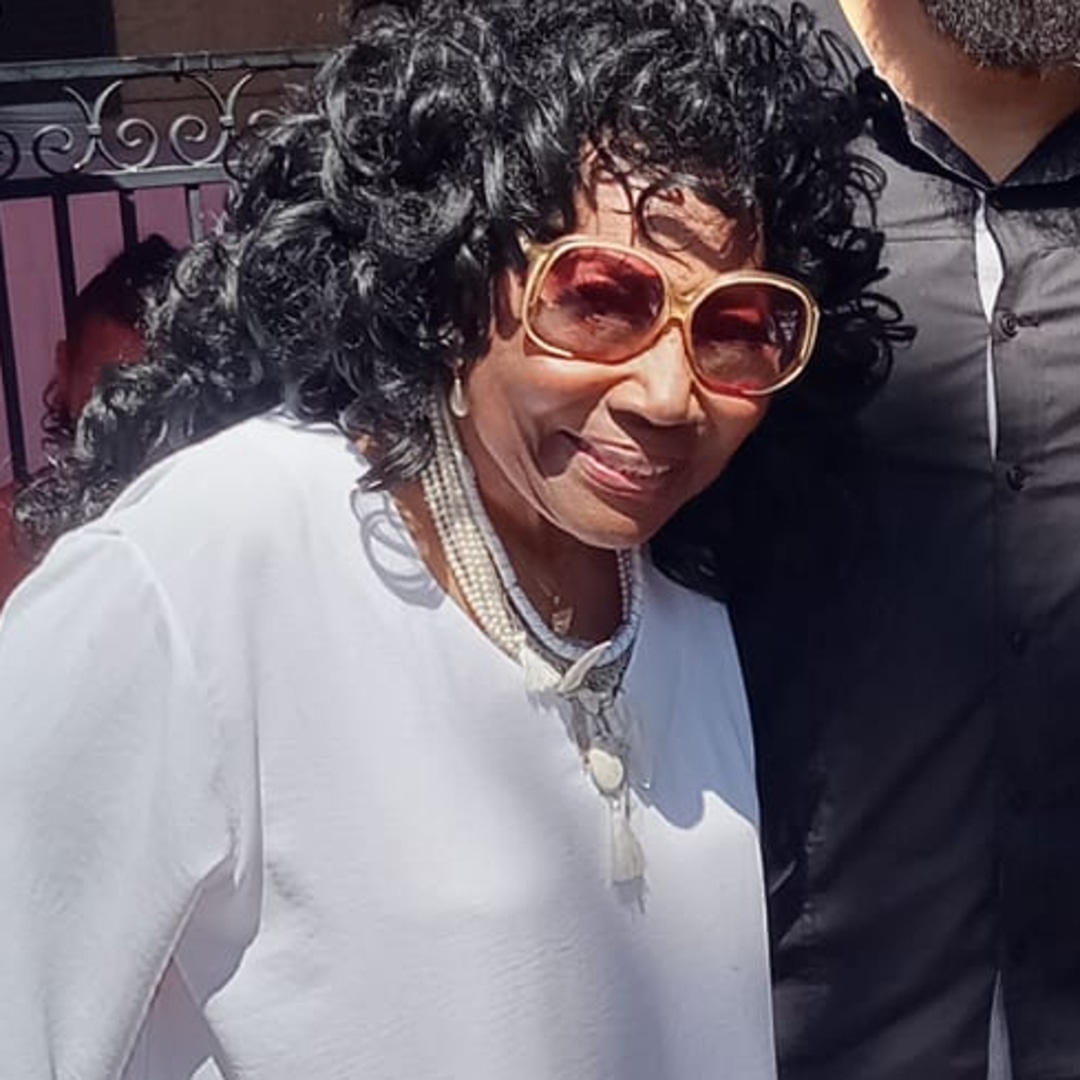












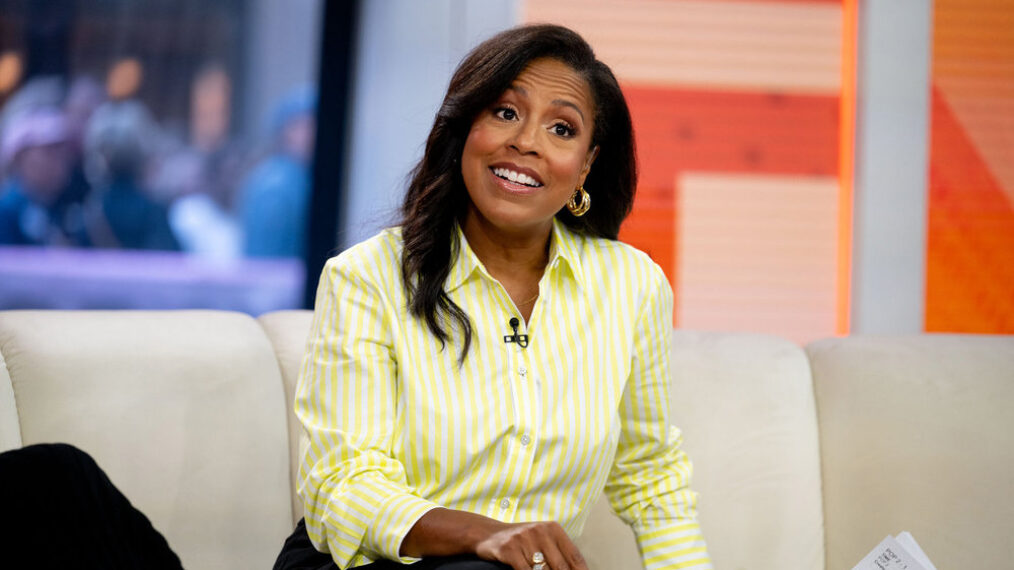





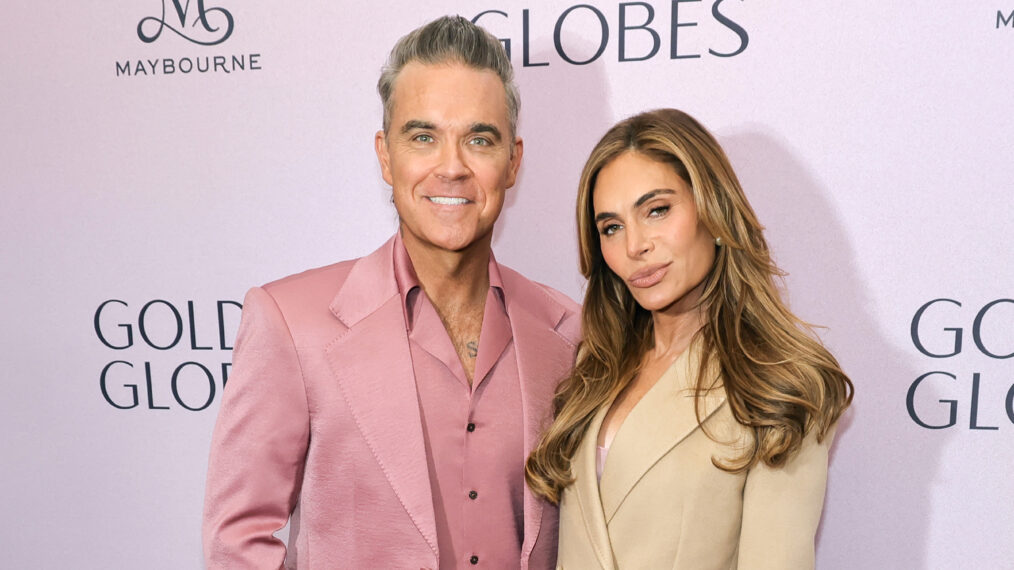















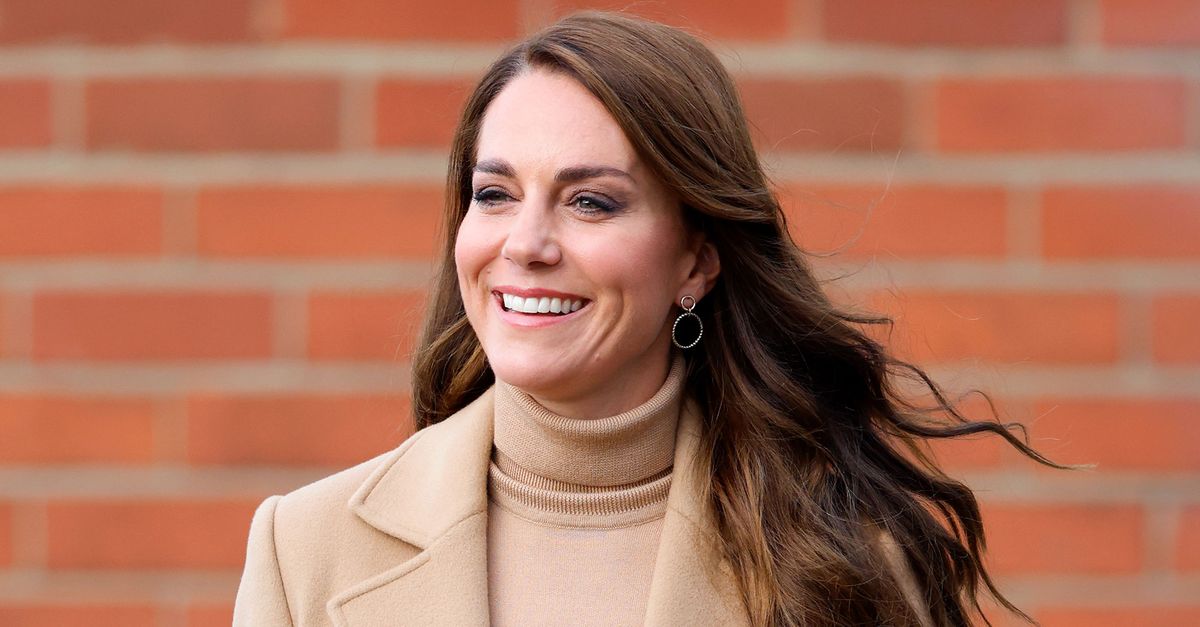
















![Iggy Azalea – Money Come [Official Music Video] Iggy Azalea – Money Come [Official Music Video]](https://i.ytimg.com/vi/7t5V5ygeqLY/maxresdefault.jpg)











